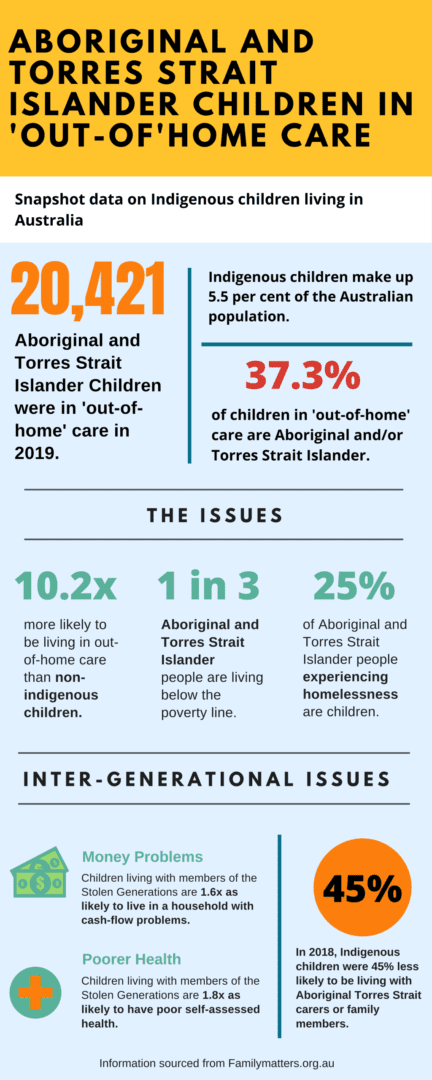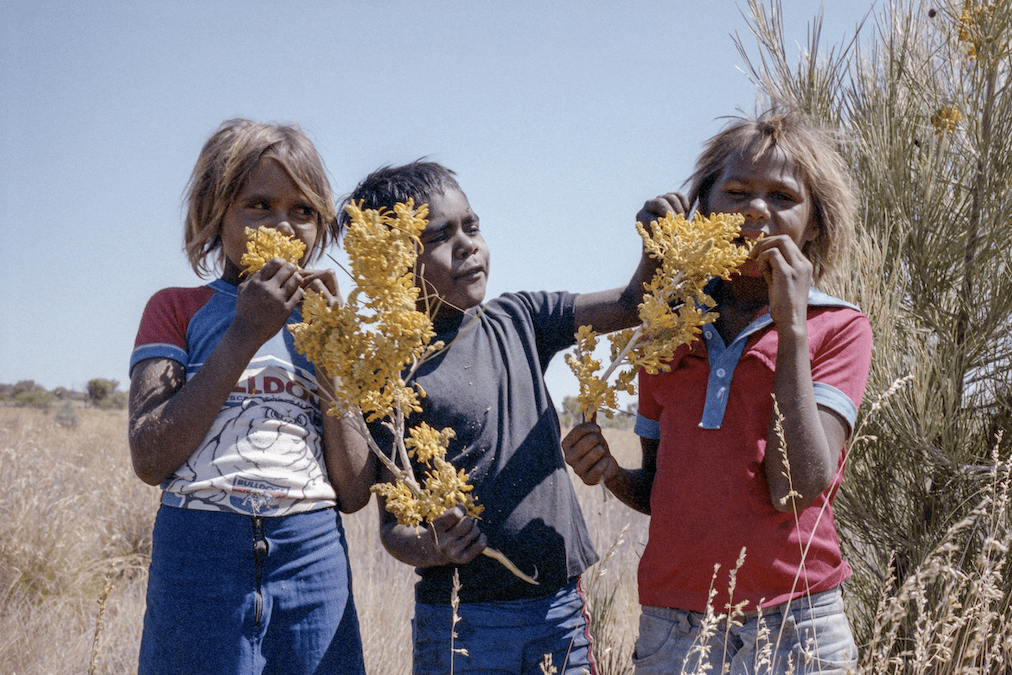The Australian government is being challenged to do more to keep indigenous young people connected to culture. Advocacy organisation Family Matters has claimed Australia risks creating another ‘stolen generation’ of Indigenous and Torres Strait Islander children under the guise of ‘care’.
In a statement released yesterday, the organisation said Aboriginal and Torres Strait Islander children were 10.6 times more likely to be removed from families than non-indigenous kids.
Educational Framework Manager Vanessa Blount said it was important for children within out-of-home programs to maintain an authentic sense of identity and connection to their cultural background.
“In our educational frameworks, we know that children who are starved of belonging and identity go on to struggle in different aspects of development,” Ms Blount said.
“There needs to be more sensitivity to the importance of culture and education in order for children to thrive.”
Recent data shows Aboriginal and Torres Strait Islander children and adolescents are 2.6 times more likely to be developmentally vulnerable in school. The report also recorded Indigenous youth are 17 times more likely to spend time in juvenile detention.
Data from the 2019 report revealed the rate of children being placed with Aboriginal and Torres Strait Islander carers decreased over the last 12-month period. From 2018 to 2019, the percentage of Indigenous carers decreased from 49.4 per cent to 45 per cent.
The most recent report shows children removed during the Stolen Generation continued to experience poorer health and socio-economic outcomes throughout adult life.
Family Matters co-chairperson Richard Weston said there is a strong connection between children removed from their cultural communities and youth who experience ongoing developmental and educational issues.
“It is evident that intergenerational trauma can be passed through the generations and is still impacting today’s younger generation of Aboriginal and Torres Strait Islander children,” he said.
“It affects behaviour and relationships, which leads to problems in school, increases families’ risk of vulnerability, and can lead to government intervention.”
Find more information at Family Matters.
On #NationalSorryDay, Family Matters called for the government to take action on the increasing number of Aboriginal and Torres Strait Islander children in out-of-home care.
The recent report referred to these cases as ‘A New Stolen Generation.’@UOWTV https://t.co/rhn1iVSKy5
— Louise Osborne (@louise__osborne) May 27, 2020


